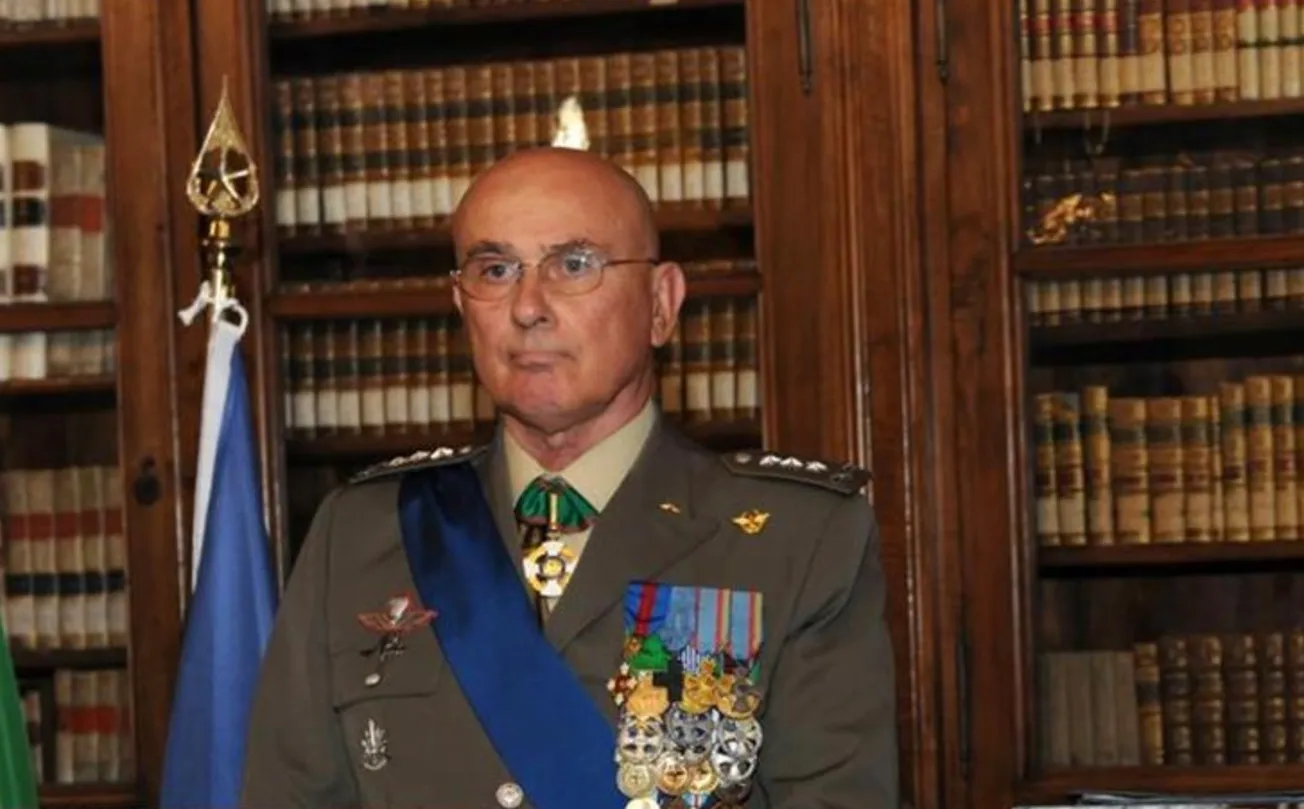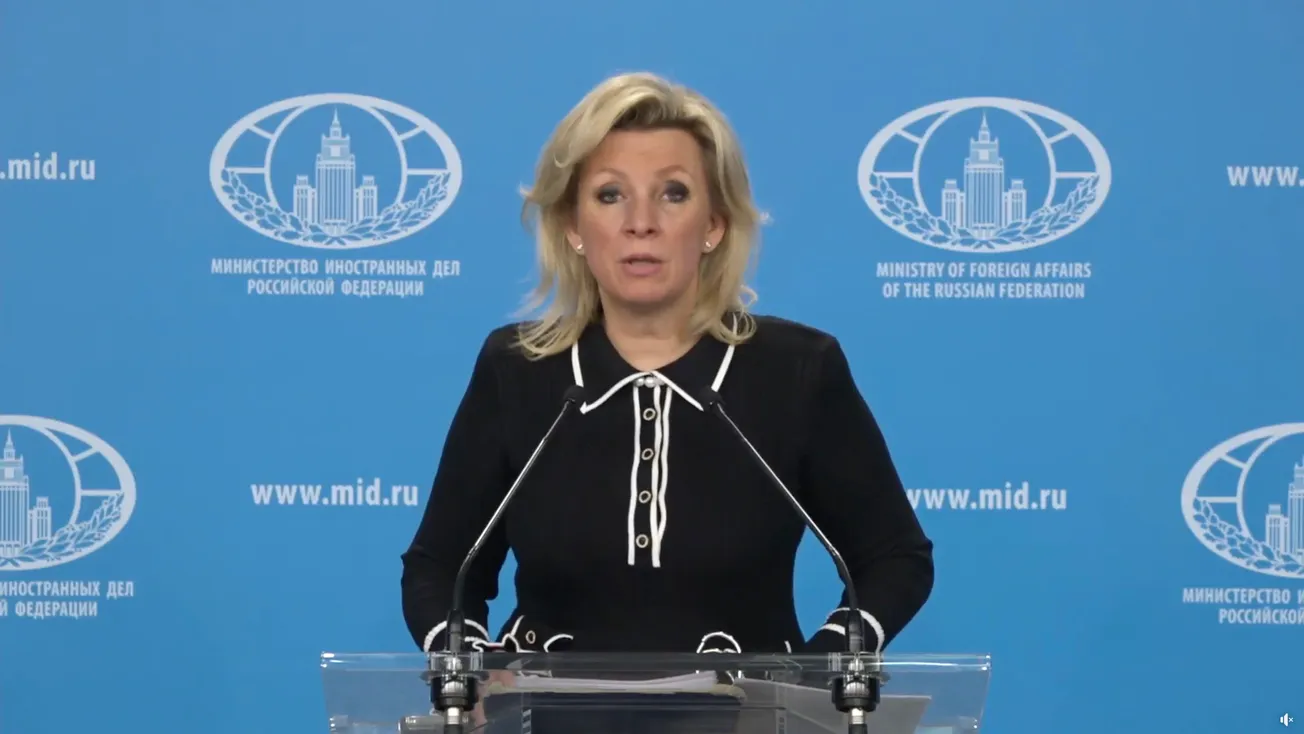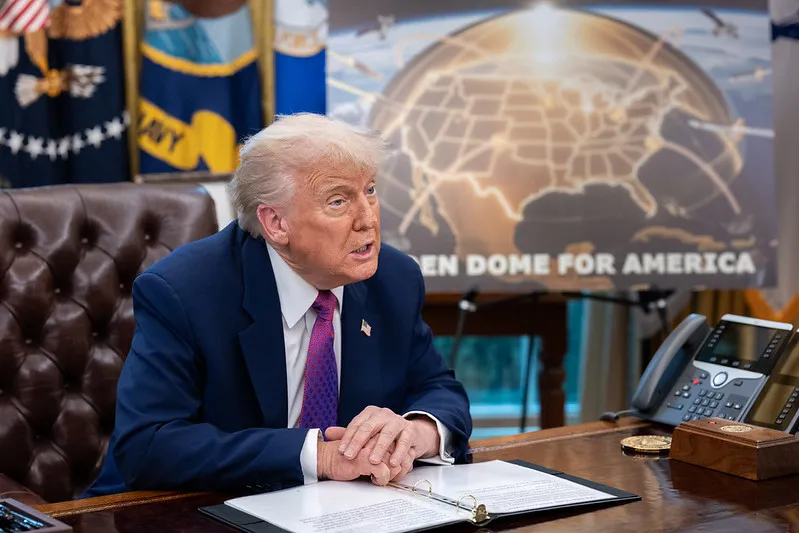According to Italian Lieutenant General Marco Bertolini (ret.), Kiev’s assault against Kursk in Russia is being pushed by the British with the aim of expanding the war, not favoring negotiations, contrary to what Ukrainian President Volodymyr Zelenskyy has recently stated. Bertolini was Chief of Staff of the NATO-run International Security Assistance Force (ISAF) in Afghanistan in 2009, and more recently was Commander of the Operational Command of the Italian Armed Forces until the end of June 2016. General Bertolni gave an interview to the Italian online daily Il Sussidiario.net, published on August 28.
Bertolini’s guess is that Zelenskyy “wants to survive this critical situation and involve as many countries as possible, NATO and the U.S., in this war. I would not believe so much in the willingness to come to a negotiation.”
He explained the battlefield situation: “Russia has launched a major intervention against Ukrainian power plants, not an operation dictated by irritation, but one that had been planned for some time. It has incapacitated the Ukrainian grid even more, creating problems that, although now limited to blackouts, could become dramatic this winter. On the ground, Russia is proceeding toward Pokrovsk [in western Donetsk] quickly. Ukrainians have evacuated a number of villages along that route and are preparing for the worst. The operation against Kursk was important, but Ukrainian forces committed everything they had there, hoping to distract Russian forces from Donbass, which has not happened so far. In doing so, however, they have stiffened the Russians even more: Zelenskyy will present a peace plan, but Kremlin spokesman Peskov said that there is no longer any talk of negotiations now. The Russians do not want to negotiate with one of their oblasts in Ukrainian hands. Recovering it will take time—the reinforcements sent so far seem geared toward containing the Ukrainians.”
The raid against Kursk was also conducted with the help of Westerners. Behind Zelenskyy’s attempt to involve the West is a part of the West itself, Bertolini said, pointing to the British. “There are those who pushed for this: Britain has done so, with the U.S. a little less. We presume that the British have been particularly active. Planning such operations requires means that only some NATO countries have.”
Asked whether the arrest of [Pavel Durov] founder of Telegram, the social network that does not censor most news about the war, is linked to the conflict, Bertolini replied that StratCom has the task of blacking out channels that disrupt the war propaganda: “Certainly, if it is possible to have information coming from the hidden face of the Moon it is thanks to Telegram. There will be a reduction of information. There is a problem of media control, propaganda. The media sound monotonous all over Europe.”




